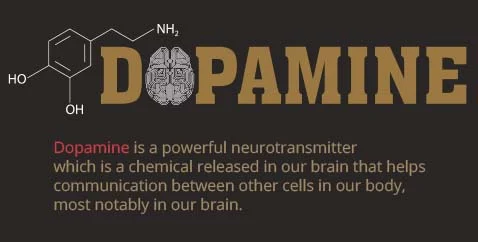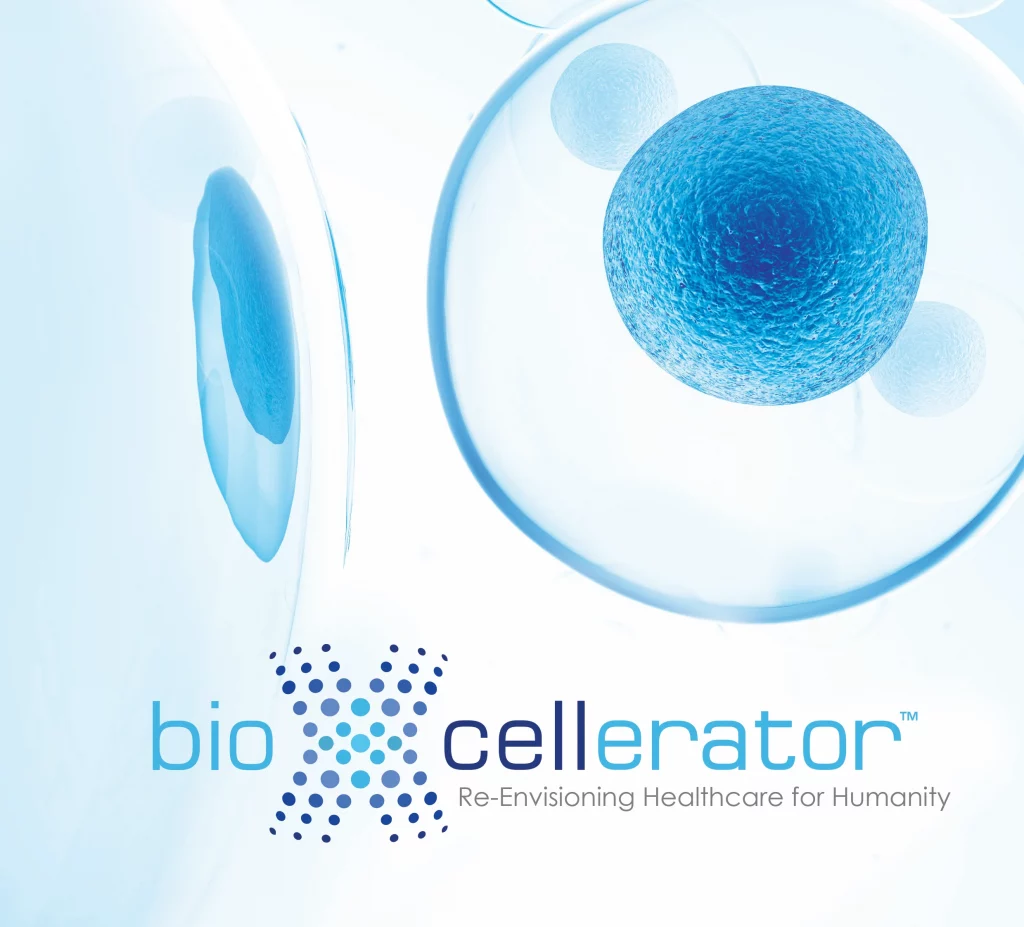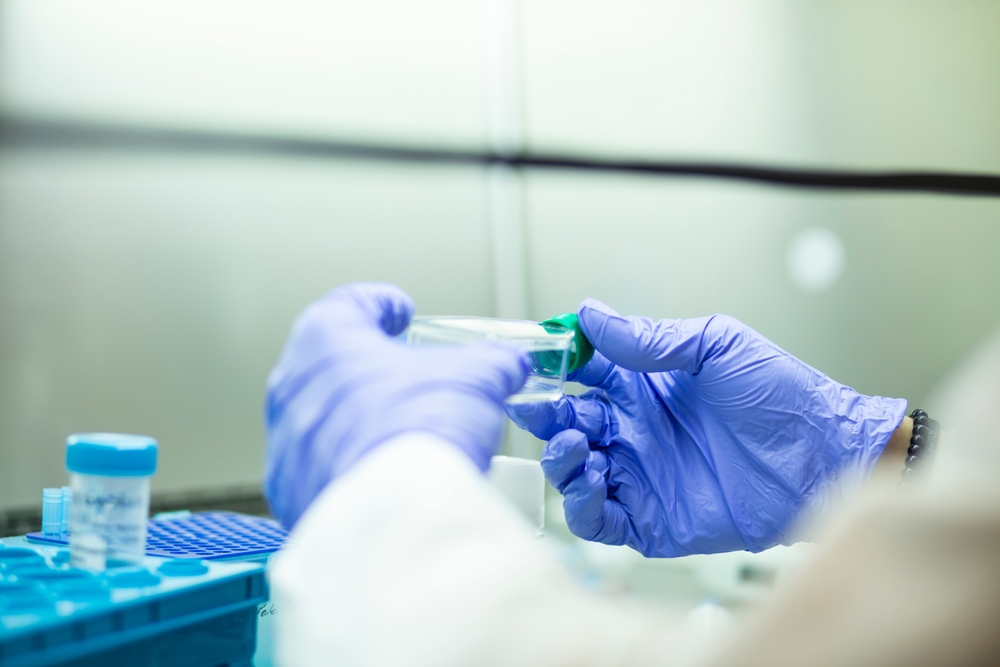Depression and addiction are two of the most common psychological disorders today. More than 40 million Americans are affected by depression and more than 21 million Americans have at least one addiction. These disorders can greatly affect a patient’s quality of life. Addiction and depression can completely change how people act and live their entire lives. Finding treatments for these disorders is imperative to improve the lives of hundreds of millions of people around the world.
These two disorders are believed to originate from a lack of serotonin or dopamine in the brain. The lack of these chemicals can cause a number of issues in the brain, which is why researchers have spent decades trying to understand them. If researchers can better understand the underlying mechanisms behind these disorders, then the medical community can develop therapies to address these disorders.
There has been some new insight into the mechanisms behind how the brain creates serotonin and dopamine. These new insights could create new therapies that could solve the underlying mechanisms behind these disorders. Stem cell therapy could play a part in treating these disorders sometime in the future.
Serotonin And Dopamine Neurons
Serotonin and dopamine are both incredibly important in mood regulation, happiness, and general well being. Serotonin and dopamine neurons are almost exclusively responsible for the production of serotonin and dopamine. The creation of serotonin and dopamine neurons originates with stem cells. Scientists are not exactly sure how the body decides which stem cell will become a serotonin neuron and which dopamine neuron.
Researchers have some understanding of how these neurons are created, but no one was entirely certain how the body decided to create them. New research may shed some light into how serotonin and dopamine play a role in depression and addiction.
A New Understanding Into This Process
Recent research has unearthed more information about how serotonin and dopamine work in the brain. Previous research had shown that antidepressants work by providing serotonin into the brain, which makes up for the lack of serotonin in the brain. Many scientists and researchers were still confused that antidepressants took usually more than a month to work in patients. One would think that as soon as serotonin was introduced into the brain that it would work to treat the depression.
However, researchers are beginning to believe that the antidepressants introduced actually play a different role in the brain. Serotonin may actually bind to a histone, called H3, to create serotonin neurons. H3 is directly linked to controlling the genes that are responsible for differentiating stem cells into serotonin neurons. When the serotonin binds to the histone, the DNA in the brain unwinds which will turn on the genes that create serotonin neurons.
The exact same process happens with dopamine in a process called dopaminylation. This information is incredibly important in the development of therapies and treatments to fight against depression and addiction.
Research To Back It Up
Researchers at the Icahn School of Medicine at Mount Sinai have found evidence that this is true by looking at mice, as well as the brains of addicts who have passed away. In the brains of cocaine users that had passed away, they found a decrease in the amount of dopaminylation in a cluster of dopamine neurons. The decrease in dopamine neurons was found in the ventral tegmental area that is important in addiction.
To further test the hypothesis, researchers administered cocaine to rats over the course of 10 days. The dopaminylation of H3 in the dopamine neurons dropped in the ventral tegmental area. After a group of rats was taken off of the cocaine, they found that the dopaminylation of H3 came back. This shows that dopaminylation may be important in the intense craving that is created when a user is withdrawing from a drug.
The research community is hopeful that this new understanding of addiction and depression will help develop new therapies for patients. The lack of serotonin and dopamine neurons could be combated with exciting new therapies. Researchers will certainly look into stem cells as a potential therapeutic option for patients with addiction and depression.
Stem Cells Role In Serotonin & Dopamine
Stem cells have the ability to differentiate into any cell in the human body. The body can take stem cells and repair or replace damaged or dead cells where they are needed. This is one of the reasons why researchers believe that stem cells could be helpful in treating depression and addiction.
Stem cells play a large role in the creation of serotonin and dopamine. Without stem cells then there would be no development of serotonin and dopamine neurons. And without the neurons there would be little to no production of serotonin or dopamine. If researchers can harness the power of stem cells in order to create new serotonin and dopamine neurons, then the medical community may be able to treat depression and addiction more effectively.
Researchers have been able to create serotonin neurons from stem cells in the laboratory. If serotonin neurons can be made in the laboratory, then researchers are hopeful that the same can be applied to dopamine neurons. Introducing more stem cells into the brain could encourage the development of new serotonin and dopamine neurotransmitters.
The creation of new dopamine neurons could also help combat such diseases as Parkinson’s. The future is incredibly bright for the treatment of addiction and depression. Reach out to your healthcare provider today to learn more about serotonin and dopamine. Stem cell research and therapy will likely play a large part in the development of future therapies for addiction and depression.
Golden Cells
BioXcellerator is proud to bring the most powerful and potent stem cells to our patients. Our team has created a comprehensive, rigorous screening process that separates the best stem cells from less desirable stem cell candidates. This process ensures that our patients will receive the 1% of stem cells. Our team believes that ‘golden cells’ will take our stem cell therapy to the next level. These stem cells should be able to better treat conditions as compared to conventional stem cell therapy.


